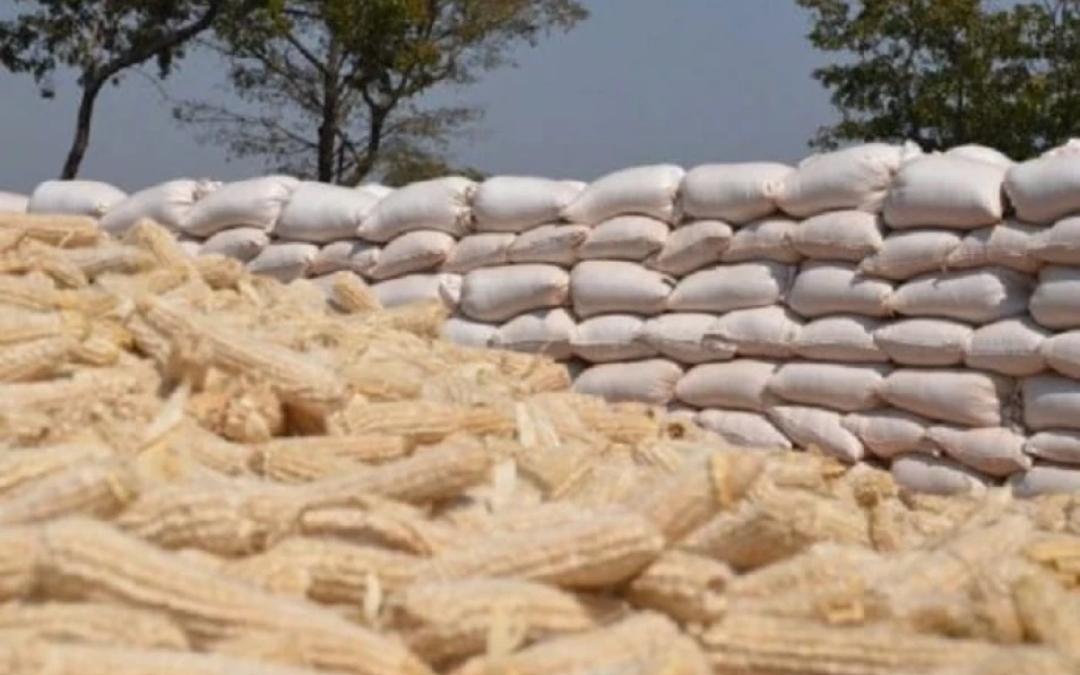
Speaking during the annual millers’ conference in Nairobi, the United Grain Millers Association (UGMA) Chairman Ken Nyaga said the lack of financial muscle to buy the grain has led to a shortage crippling operations of the 200 members.
“I have like around 10, those who have slowed its almost everybody because they are unable to feed their machines with that maize,” Nyaga said.
Their woes also emanate from delayed payment for maize delivered under the subsidy program between July 21st to August 17th last year. The government owes both large and small-scale millers around Ksh. 3 billion. Out of this, small and medium scale millers are demanding over Ksh. 300 million to continue running their operations.
“Most millers were operating on bank facilities, I know some have been auctioned, some have shut down, others slowed on operations because they cannot buy maize….so we are looking at a very hard time when we don’t have money to purchase, because it is owned by the same government that is expecting us to buy and bring the cost of flour down,” Nyaga added.
Further compounding the situation is the costly maize in the market, with a 90-kilogram bag selling at an average of Ksh. 6,000 from Ksh. 4,500 two months ago.
“Find a way of reducing maize prices because as the price goes down, consumer benefits….something has to be done to find some ways for us to continue with our business,” stated Nyaga.
The government says it is in the process of importing 4 million bags of duty-free maize this month as part of measures to bring down the cost of food, with the first consignment expected next week.
𝗦𝗲𝗺𝗮𝘀𝗼𝗰𝗶𝗮𝗹 𝗶𝘀 𝘄𝗵𝗲𝗿𝗲 𝗿𝗲𝗮𝗹 𝗽𝗲𝗼𝗽𝗹𝗲 𝗰𝗼𝗻𝗻𝗲𝗰𝘁, 𝗴𝗿𝗼𝘄, 𝗮𝗻𝗱 𝗯𝗲𝗹𝗼𝗻𝗴. We’re more than just a social platform — from jobs and blogs to events and daily chats, we bring people and ideas together in one simple, meaningful space.